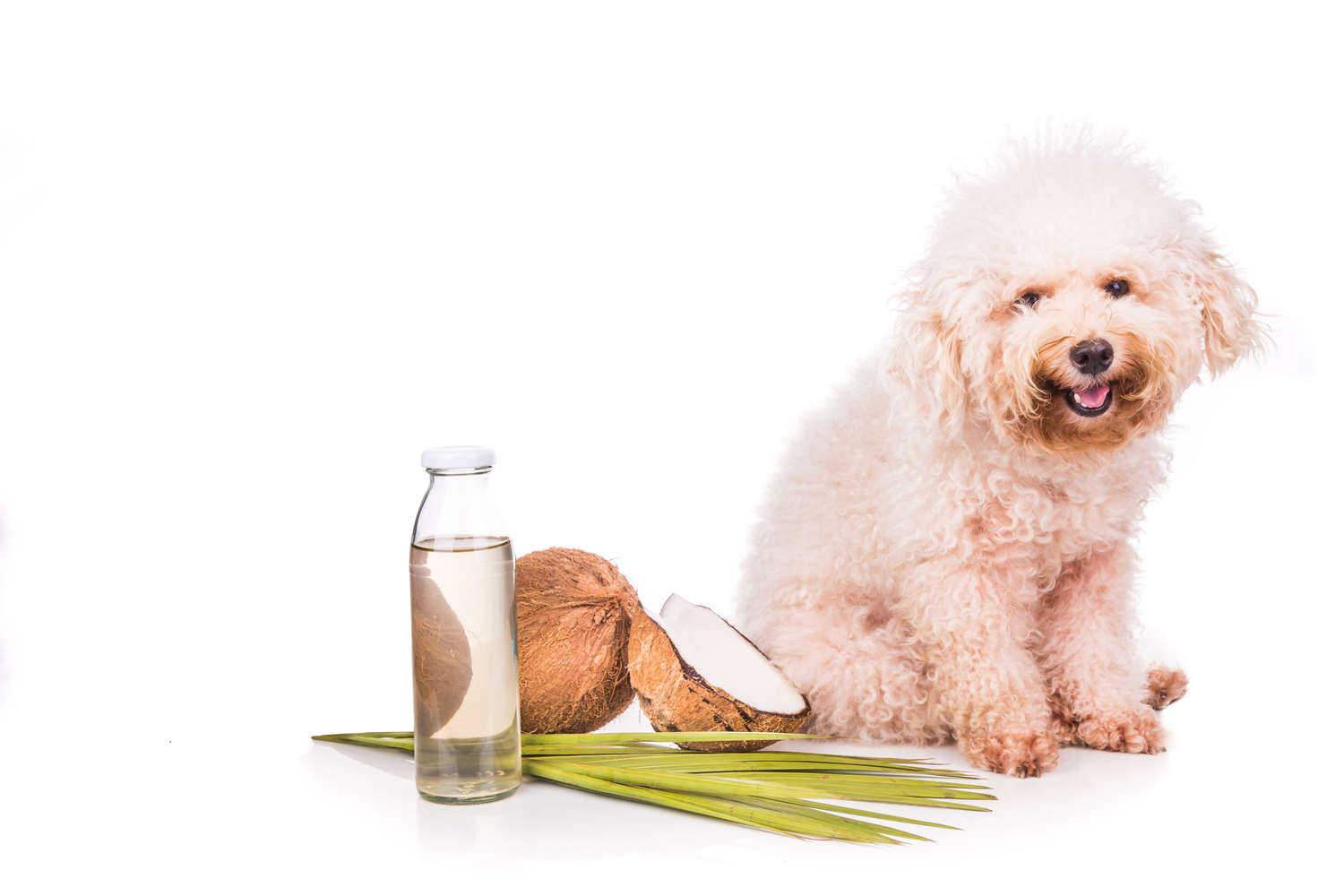
Essential Oils for Pets – Sensitivity and Symptoms of Poisoning
Essential oils are beneficial for us in many regards, but there are some factors to consider before using essential oils for pets. You must educate yourself on the type of essential oils that are suitable for your pet, safe application methods, and the acceptable quantity and dilution of the oil. If used with caution, essential oils are a natural remedy for several health problems, even for pets, and they can also keep pests from infesting your pet’s fur coat. If you have more than one type of pet, you should know what factors to consider before using essential oils for them.
Pets that are sensitive to essential oils
An essential oil that works wonders for you may be toxic for your pet. Birds, cats, dogs, fish, guinea pigs, hamsters, rabbits, and small reptiles that are common house pets are all sensitive to essential oils. However, the type of essential oil that they are sensitive to or the extent of sensitivity may vary from one pet to another. Additionally, baby animals, sick animals, old and feeble animals, small breeds of animals, and pregnant animals could react more severely after being exposed to essential oils. The level of poisoning could be higher in them as compared to others. Tests must be conducted to ascertain your pet’s sensitivity to a certain essential oil before you introduce your pet to it.
Care to be taken while using essential oils
Type of essential oil
An essential oil that could be beneficial for one pet could affect another type of pet adversely. For example, if an essential oil has a positive impact on your dog, it does not mean that you can safely use it on your cat as well. The stomach sensitivity of cats is higher as compared to dogs, and these subtle differences are important factors to consider before using essential oils for pets as they can lead to severe reactions.
During the application of essential oils
An important factor to consider before using essential oils for pets is that you must never diffuse essential oils near a cage with a bird or rodent as they cannot escape if they feel uncomfortable. Similarly, diffusion is not recommended close to any small pet. Fish, birds, rabbits, small reptiles, rodents or cats will find it poisonous, especially if the dosage is high. Topical applications on birds could result in greasy feathers, making it difficult for them to control their body temperature. Birds are very sensitive to scents, and fish also find it difficult to tolerate essential oils. Since oils are water-insoluble, the oil sticks to the bodies of fish, which could be fatal. Rabbits also have a keen sense of smell and are sensitive to perfumes and chemicals.
Symptoms of poisoning
If a pet is poisoned by an essential oil, symptoms manifest very soon. Dogs and cats show signs of depression, weakness, vomiting, skin allergies, hypothermia, and paralysis when exposed to essential oils that are toxic for them. Similarly, exposure to essential oils could cause respiratory problems in rabbits and birds. The respiratory system of birds is highly sensitive, they should be kept away from diffusers and only non-toxic oils like lavender or citrus should be used. Pets in confined areas suffer the most from toxicity as they are unable to escape the scent. Closely monitor your pets for weakness or inactivity and consult the pet poison center or your vet immediately in case any of the above-mentioned symptoms manifest.



